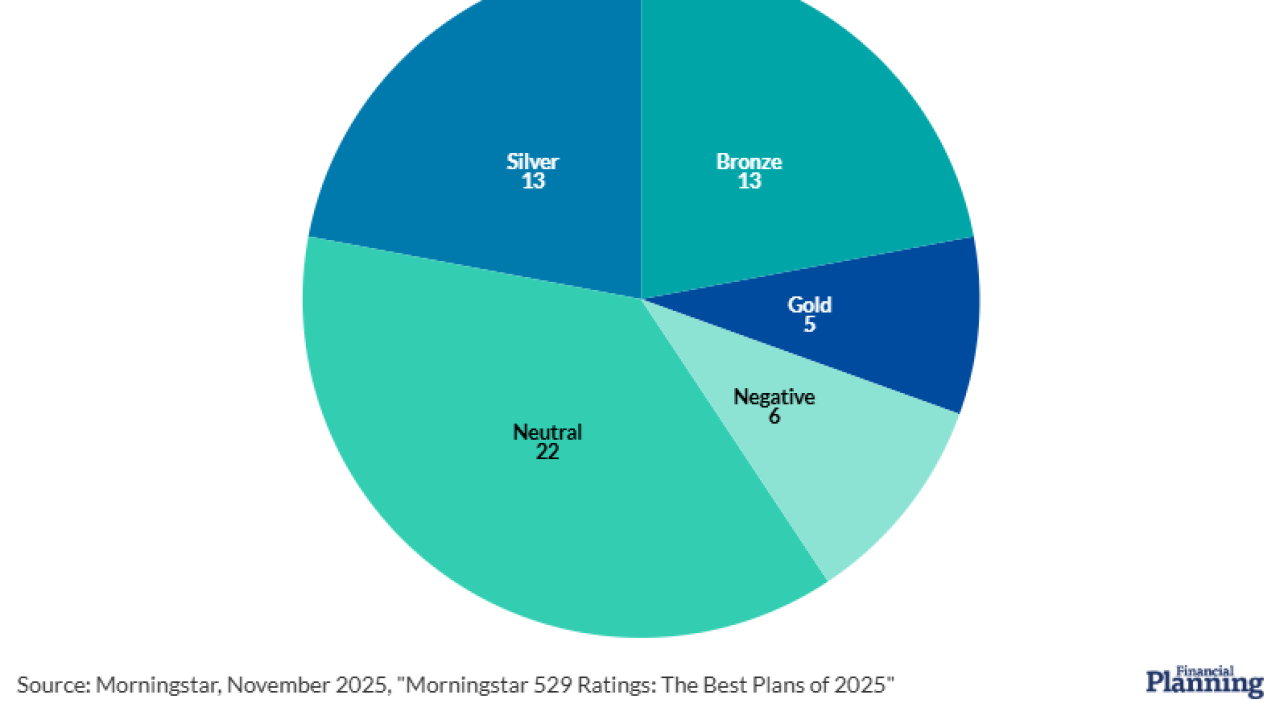The amount of civil tax lawsuits filed by the Internal Revenue Service in federal court this year is only half the number of a decade ago, but has held steady since last year.
A
While the number of tax lawsuits has stayed consistent since last year, it represents a big change from recent years. Five years ago there were 905 new cases, while 10 years ago there were 1,121 tax filings, more than double the number today. In 2008 there were 1,357.
The new research arrives at a time when Congress has been considering an increase in the IRS’s enforcement budget as a way of bringing in more tax revenue from a greater number of tax audits to help pay for the Biden administration’s infrastructure plans and social programs.

“While it is possible that some of this decline could be due to a slowdown during the pandemic, it appears more likely to be part of a longer term decline in IRS enforcement activity that has resulted from
The IRS had no immediate comment on the report. So far in fiscal 2021, the IRS — or the federal government acting on its behalf — has sued taxpayers in six out of 10 tax lawsuits (60%), while taxpayers sued the IRS in the remaining four out of 10 cases (40%). Both types of lawsuits have experienced declines, with a somewhat sharper decline in suits brought by the federal government against taxpayers.
The IRS typically sues taxpayers for three primary reasons. The most frequent lawsuits involve tax liabilities, followed by enforcement of an administrative summons to appear or to produce tax records. The third most common reason is to enforce a federal tax lien. In this third type of action, the court can order the sale of property to satisfy unpaid taxes.
Audited taxpayers who disagree with the IRS audit results usually have a number of avenues to contest if administrative appeals within the IRS are unsuccessful. One of them is to pay the disputed tax and then sue for a refund or recovery of tax payment in the federal district court. Other common types of lawsuits from taxpayers aim to challenge wrongful levies for taxes or to seek to squash an IRS summons.
During the dramatic decline in federal tax lawsuits over the past decade, most parts of the country experienced declines, especially the Northern District of California (San Francisco), which showed the biggest decline. But there were some exceptions, such as the Eastern District of Virginia (Alexandria), which actually had a surge in litigation. Tax lawsuits there doubled over the past decade. The same district also had twice the national average compared to the size of its population. Meanwhile, the Southern District of Florida (Miami) had the highest per capita rate of tax lawsuit filings during fiscal year 2021.





